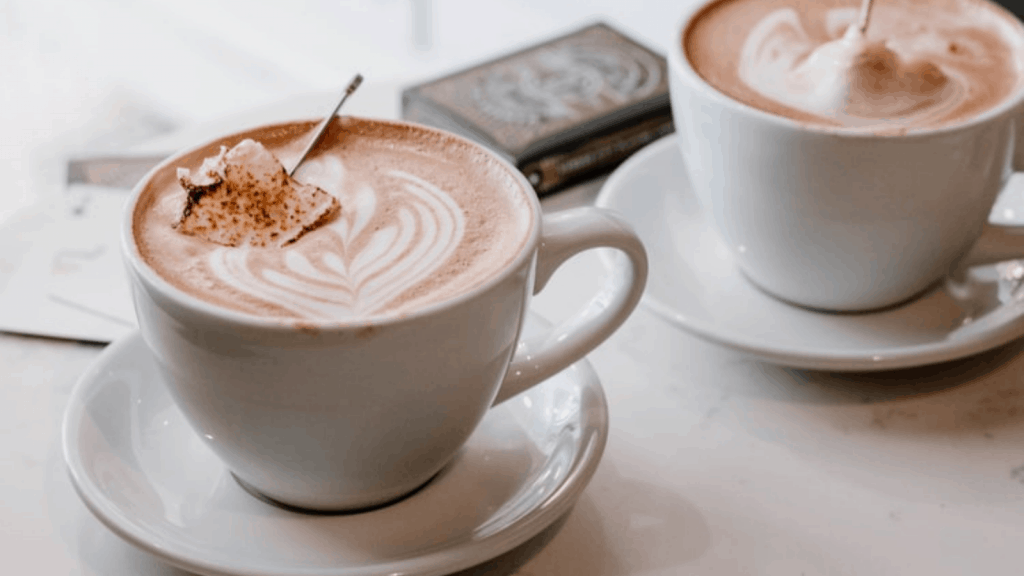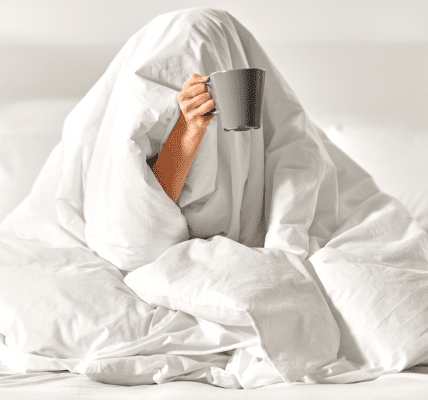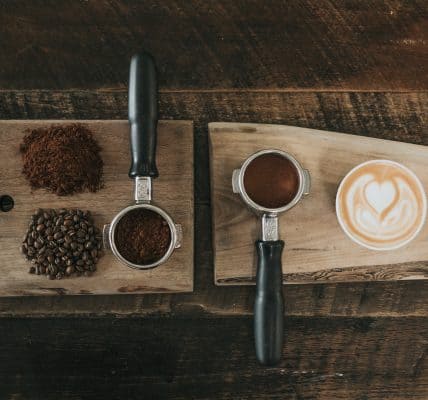
One of the most beloved beverages in the world is coffee. It has become a daily requirement to many and even a way of life for some. The reason for this is the extremely popular stimulant found within it: caffeine.
Caffeine is most widely known as something that helps you combat the feeling of drowsiness and fatigue. Because of this, it has become a staple for the average person to help them get through their day. Most people take their cup of coffee in the morning, right when they wake up, so that they can feel awake throughout the day. Some people drink their coffee throughout the day and caffeinate themselves when they begin to feel sleepy.
People have differing opinions when it comes to when you should drink your coffee. Some swear it belongs in the morning routine, while others believe it’s best used as an extra push. So the question is: when is the best time of day to drink coffee?
Coffee vs Cortisol
Table of Contents
Mornings are probably the most popular time of day to drink coffee. It has become a societal staple, and many coffee drinkers would agree that it is most optimal when the sun rises. The famous phrase “don’t talk to me before I’ve had my coffee” and all its variations stem from the fact that many coffee drinkers need their morning coffee to feel calm.
When you wake up, it’s not unusual to still feel groggy or want to catch a few more minutes of sleep. Caffeine, on the other hand, makes you feel awake and not sleepy. For those of you who have to wake up early, you can attest to how effective coffee in the morning is. It seems to indeed be a match made in heaven. However, some headlines say that you should stay away from the coffee machine in the mornings.
It is believed that coffee affects your stress hormone cortisol if you take it too early after waking up. Cortisol is at its peak right when you rise from bed. It enhances your focus and alertness and regulates essential bodily functions such as metabolism, blood pressure, and your immune system. This hormone follows a specific body rhythm that people believe caffeine interrupts.
Drinking coffee right after waking up can increase your already high cortisol levels in the morning. In turn, this would lessen the effects of the caffeine and imbalance the careful bodily functions governed by cortisol. While this may be true, there have been no long-term studies done that support these claims. No studies to date have observed these effects in morning coffee drinkers.
Some people, however, swear that they feel more energized after delaying their morning coffee by a bit, but again, there is no evidence supporting this. So if you want to enjoy a cup of coffee from one of the best non-toxic coffee makers in the morning, go ahead and drink one.
Exercise Boost
As previously mentioned, coffee is most popularly known for its ability to wake you up and keep you alert, but that is not all it can do. A boost in exercise is one of many coffee benefits many people are still unaware of.
Caffeine is a key ingredient in many pre-workout powders. With the high price of these powders, coffee makes a case for being the best pre-workout alternative. It is easy to consume and the caffeine found in it provides a significant exercise performance boost.
There have been numerous studies that prove caffeine’s effectiveness in delaying fatigue and providing a boost to muscle strength. It is also relatively fast-acting and people can feel the effects already 30-60 minutes after drinking coffee.
This is not just limited to exercise, but any tiring activity. If you are expecting activity to be particularly strenuous, you can drink coffee an hour before to allow you to get through it easier and produce better results. This could mean a trip to the grocery, cramming some work, or even going out with friends. The boost in delayed fatigue and muscle strength will make you feel fresher and lighter on your feet. So instead of costly pre-workout powders and energy drinks, maybe invest instead in a Keurig coffee maker so you can have your caffeine boost whenever you want.
Sleep and Anxiety
With coffee’s effect of keeping you awake and alert, what effect does it have on your sleep? Well, studies have found that coffee can actually cause problems with sleep and even anxiety in some individuals.
The stimulation received from caffeine can last anywhere between 3 to 5 hours. Half of the caffeine you consumed can last in your body even beyond 5 hours. Caffeine is meant to keep you wakeful, so the effects on your sleep can be devastating.
Drinking coffee before you go to sleep can cause sleeping problems such as insomnia. In fact, you should not drink coffee for a minimum of 6 hours before you go to bed. This will allow your body to have ample time to get rid of the caffeine in your system so that you can get a proper night of sleep. No matter how good a cappuccino feels after a long day, it’s best to put the milk frother down and have your coffee the following day.
In addition to this, coffee can increase the effects of anxiety in a person. If you already suffer from bad anxiety, caffeine can make the effects even worse. It would be best to avoid drinking coffee if you are feeling anxious or having an anxiety attack.
The Right Amount
There is no definite answer to when you should drink your coffee – as long as you do not drink it too close before bed, any time of day should suffice. The important thing is controlling your caffeine intake, and taking your coffee when you would need it the most. For some people, it’s right when they wake up. For others, it’s to provide them with a boost in their activities such as exercise or work. Both are beneficial and have great effects.
It is important, however, to drink in moderation. Healthy people can consume up to 4 cups of coffee a day and should keep the amount of caffeine ingested to below 400 mg. To be on the safe side, pregnant and elderly people should keep their caffeine to 200 mg a day. So there you have it. The answer to when you should drink your coffee is simple – any time of the day as long as it is not before bed, and make sure to drink in moderation.



